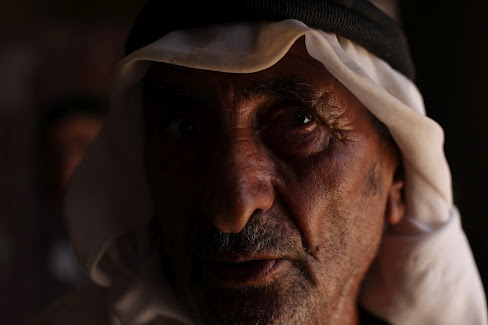Tag: Migdalim Settlement
-
Olive trees uprooted in Qusra
By Nina and Saffron 25 July 2012 | International Solidarity Movement, West Bank Over 33 Palestinian-owned olive trees were uprooted by the Israeli military in the village of Qusra, near Nablus, when the military entered the village around 7 a.m. on Tuesday, July 17. For one hour and a half, Israeli soldiers and equipment uprooted…

